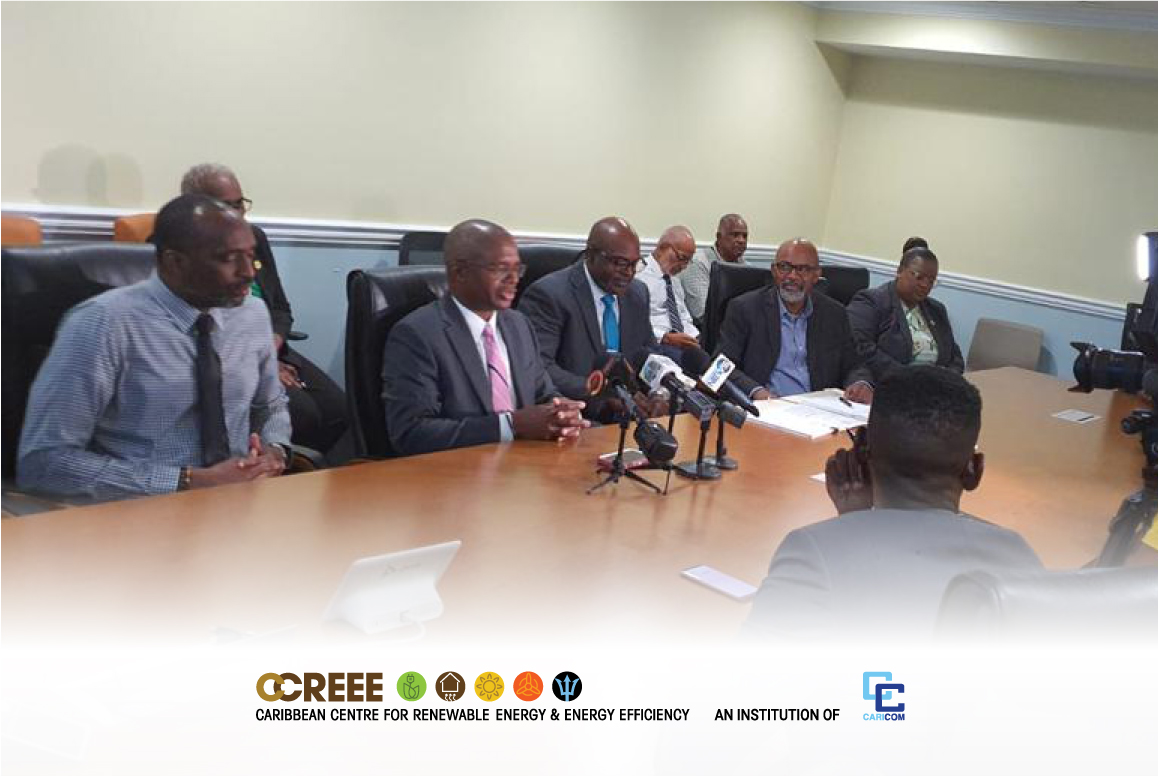
The Caribbean Centre for Renewable Energy and Energy Efficiency (CCREEE) signed an agreement with the Government of The Bahamas on August 22, 2023, to develop an integrated resource and resilience plan (IRRP) that will help improve the country’s national energy policy and capitalise on renewable energy sources throughout the island.
The signatories were the CCREEE’s Executive Director, Dr. Gary Jackson, The Bahamas’ Financial Secretary, Simon Wilson and the Chief Executive Officer of Bahamas Power and Light, Shevonn Cambridge.
The IRRP is a crucial aspect of The Bahamas National Energy Policy 2013-2033 framework, which aims to create a modern, diversified, and efficient energy industry that is affordable, reliable, and resilient. The policy’s goal is for The Bahamas to generate 30 percent of its energy from renewable energy sources, primarily solar, wind, and ocean energy. With the assistance of the CCREEE, The Bahamas will strive to meet its future energy needs.
Under the signed agreement, the CCREEE will:
The Inter-American Development Bank is funding the IRRP, which seeks to guide energy transition for The Bahamas for the next five years and will help develop mitigation strategies the country may need to combat climate change.
The work that the CCREEE is doing with The Bahamas is part of a larger regional IRRP programme that has helped and is helping countries like Belize, Dominica, Guyana, St. Kitts and Nevis, St. Lucia, Suriname, and Trinidad and Tobago. This programme has also received funding from the German Federal Ministry of Economic Cooperation and Development through the Climate Resilient and Sustainable Energy Supply in the Caribbean Project (implemented by the German Agency for International Cooperation) and the Caribbean Development Bank.